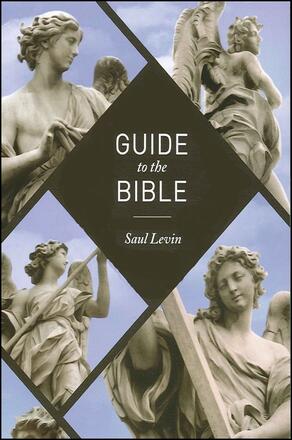
Guide to the Bible
The Hebrew Scriptures (or Old Testament), Selected Apocryphal Books, The New Testament
An accessible introduction to the Bible.
Description
Guide to the Bible grew out of a course Saul Levin taught for many years on the Bible as literature. Designed as an accessible introduction to the Bible for nonspecialists, this work helps readers to understand ancient scripture as its authors intended. By elucidating the cultural context of the ancient world, Levin guides readers to an enriched appreciation of the Bible and its vision of the divine and of the world.
Saul Levin is Distinguished Professor Emeritus at Binghamton University, State University of New York, and an internationally renowned scholar of ancient languages. He received his B. A. and Ph. D. from the University of Chicago. After teaching at the University of Chicago and Washington University, he joined the faculty at Binghamton University in 1961. With expertise in classical Greek, biblical Hebrew, Latin, and many other languages, Professor Levin is the author of numerous pioneering books and articles in the areas of historical linguistics and biblical studies. In particular, he has explored the connections between ancient Hebrew and classical Greek cultures. Saul Levin and his wife of nearly 60 years, Ruth, have six grown children and six grandchildren.